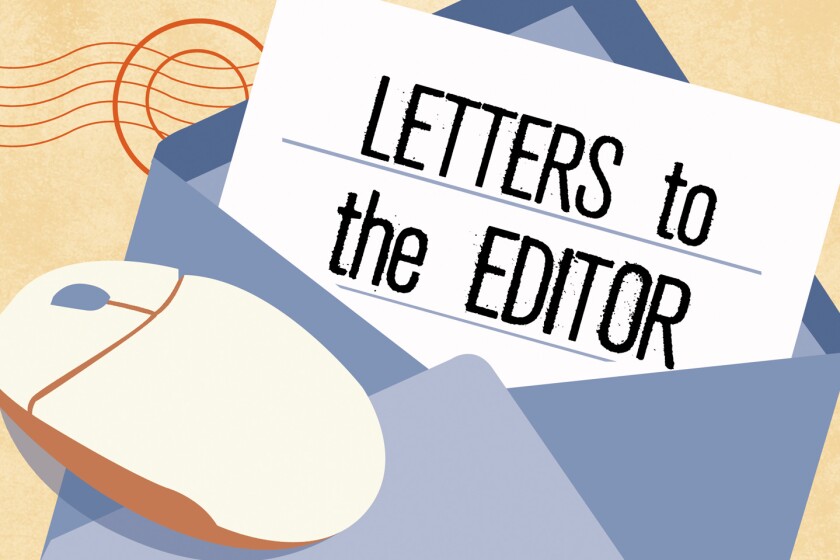Concerns are escalating over the impact of electronic pull-tab machines, known as e-tabs, introduced in North Dakota in 2018. Initially touted as a way to support local charities, these machines have instead raised significant concerns about their economic repercussions. Critics argue that e-tabs have drained hundreds of millions of dollars from the state’s economy, adversely affecting local businesses and tribal casinos while exacerbating social issues.
In 2017, charitable gaming in North Dakota generated $247 million, with most funds remaining within local communities. However, by 2024, that figure surged to $2 billion. Alarmingly, approximately $1.2 billion of that revenue has flowed to out-of-state gaming companies, particularly benefiting establishments in Las Vegas and Reno rather than local enterprises. This shift has raised questions about the sustainability of local charities and the overall health of the North Dakota economy.
A notable example illustrates this trend: a youth golf organization reportedly held nearly $4.78 million in its charitable gaming trust in 2024. While supporting youth initiatives is commendable, critics like Fargo resident Norman McCloud argue that these funds are tied up and unavailable for pressing community needs such as homelessness, addiction treatment, and education. As federal support for such programs diminishes, the urgency for effective local funding sources increases.
Tribal casinos, which provide essential housing, healthcare, and employment opportunities, have also felt the adverse effects of e-tabs. Reports indicate that these establishments have experienced revenue losses of up to 60% since the introduction of electronic pull-tabs. Many lawmakers were aware of the potential harm e-tabs could inflict on tribal gaming yet proceeded to approve their use.
The North Dakota Legislature has allocated a mere $40,000 annually towards gaming addiction services. This figure is notably small when compared to the billions wagered through e-tabs. According to estimates, approximately 4% of the North Dakota population, equating to about 19,000 individuals, face challenges related to gaming addiction, a number nearly triple the national average.
Critics liken e-tabs to disguised slot machines, asserting that their addictive nature, combined with their widespread availability, is quietly depleting the state’s financial resources. As discussions around the ramifications of e-tabs continue, observers point to other states such as Iowa, Illinois, and New Jersey, which have successfully curtailed similar gaming practices.
The call to action is clear: if lawmakers had the resolve to introduce e-tabs into North Dakota, they should equally possess the will to remove them. Advocates for change argue that addressing the negative impacts of e-tabs is essential for preserving the integrity of the state’s economy, local businesses, and community welfare. As the debate intensifies, the future of e-tabs in North Dakota remains uncertain, but the conversation around their consequences is gaining momentum.
